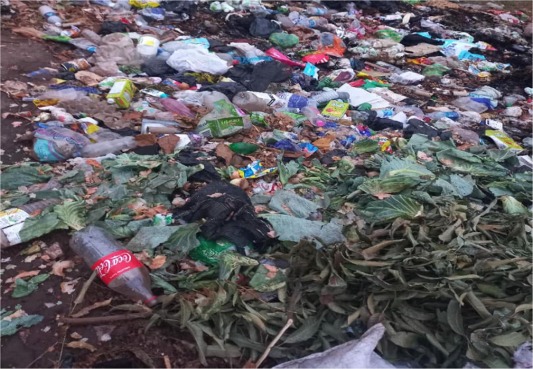
 Radio Wang Ooh
Radio Wang Ooh

 Radio Wang Ooh
Radio Wang Ooh
18 April 2025, 9:55 AM
By David Ojok Jr.
Residents of Patongo town council have raised serious concerns over poor sanitation and waste management, as the heavy April rains worsen already unsanitary conditions in key marketplaces.
At the old Patongo Market, flooding has become a regular occurrence whenever it rains. The inadequate drainage system leaves the market submerged, creating especially difficult conditions for women who trade in vegetables, small-scale goods, and other retail items.
“This market turns into a swamp when it rains. Our products get soaked, and customers avoid coming. We are suffering,” said a visibly frustrated vendor.
Oliga Market, known for its vibrant weekly trade every Tuesday, is also under scrutiny. Once the traders depart, heaps of rubbish — including food waste and plastics — are left behind, making the area filthy and hazardous.
Residents blame the local authorities for failing to manage waste effectively, despite the increasing health risks. Aol Monica, 45, who sells vegetables at Oliga Market, expressed frustration with the tender holders responsible for maintaining cleanliness.
“They collect money from us every market day but do nothing to clean up afterwards. With all this rubbish, it’s only a matter of time before there’s a cholera outbreak,” she warned.
In response, local leaders are placing the blame on residents, citing a general lack of responsibility and poor attitudes towards hygiene.
Patongo Town Council Chairperson, Hon. Komakech Joseph, defended the council’s efforts, stating that waste disposal pits have been dug in key areas. However, he lamented that many residents fail to use them properly.
“We are doing our part. We transport waste from designated pits, but people continue to dump rubbish carelessly. We need a change in mindset,” Hon. Komakech said.
With the rainy season intensifying, both residents and local authorities are being urged to work together to improve hygiene practices and prevent potential disease outbreaks.